 |
 |
 |
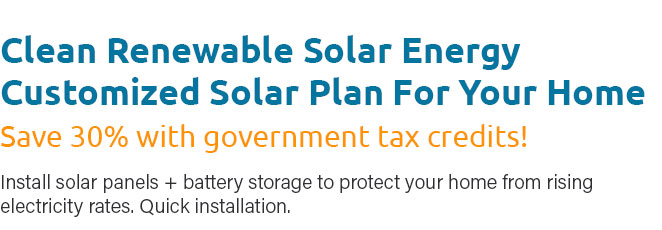 |
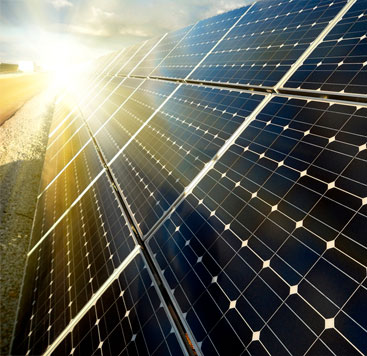 |
 |
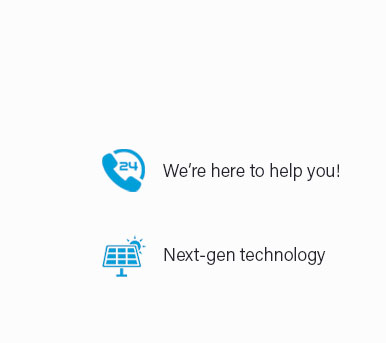 |
 |
 |
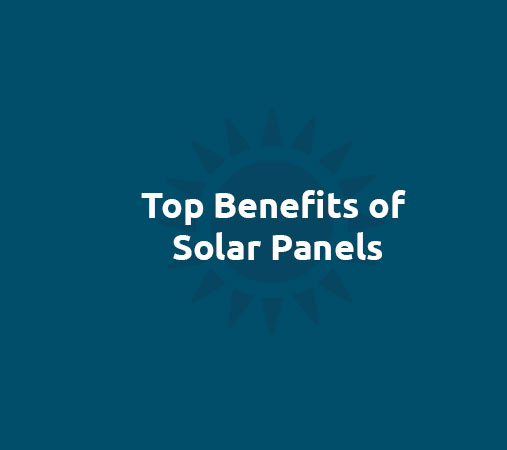 |
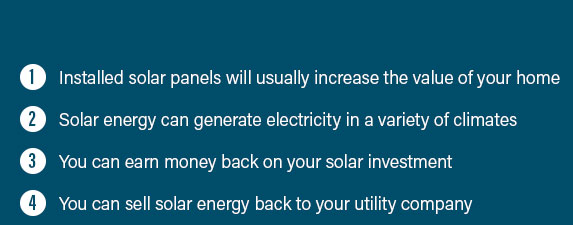 |
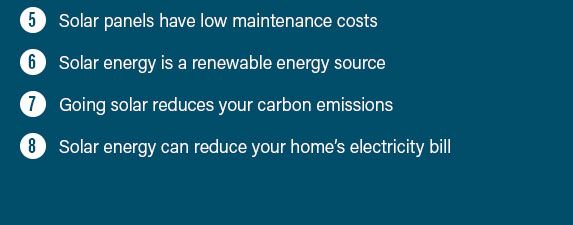 |
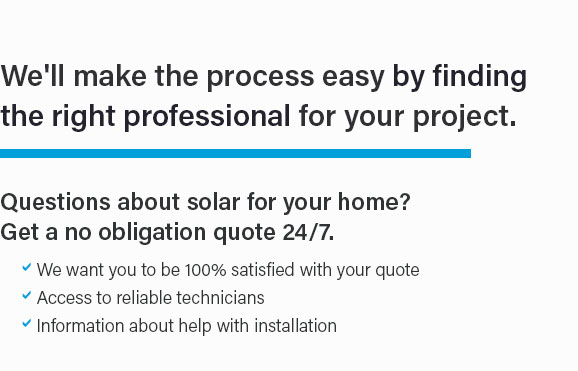 |
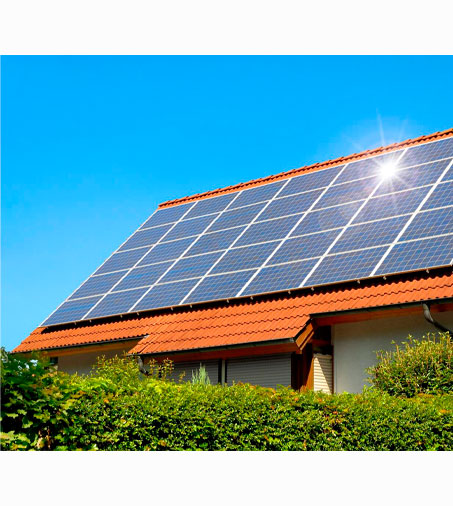 |
|
 |
 |
 |
|
Unleash the power of the sun and transform your energy future with our unrivaled solar system panel installation services-get your instant solar panels installation quote today and step into a world where sustainability meets savings, where cutting-edge technology harmonizes with your home, and where every ray of sunshine is a step towards energy independence and a greener planet; with precision, expertise, and a relentless commitment to excellence, we make the transition seamless, empowering you to capture the limitless potential of solar energy-seize the moment and join the solar revolution now!
https://www.familyhandyman.com/project/off-grid-solar-power-system/?srsltid=AfmBOorX2TKwzfmEZ4ynIJLcuqrroa7vTL9c5aJYd0AB81Lz2DhvKbmA
How To Install an Off-Grid Solar Power System ; Battery shunt - Step 4 - Strip the cable ; Crimp the cable lugs - Step 6. Protect the ends with heat ... https://unboundsolar.com/blog/step-by-step-diy-solar-installation?srsltid=AfmBOor6VDbqpsv9kbeZTY0jHpCdYTfqlGrt7vhdvrIwAsnA_PEvXV1o
Plan your lift; know what you are moving and where before lifting. Have two or more people carry panels in heavy winds to avoid accidents. Be ... https://www.energysage.com/local-data/solar-panel-cost/
It costs about $30000 to install solar panels. That's a big number, but it can come down significantly with generous incentives from the ...
|